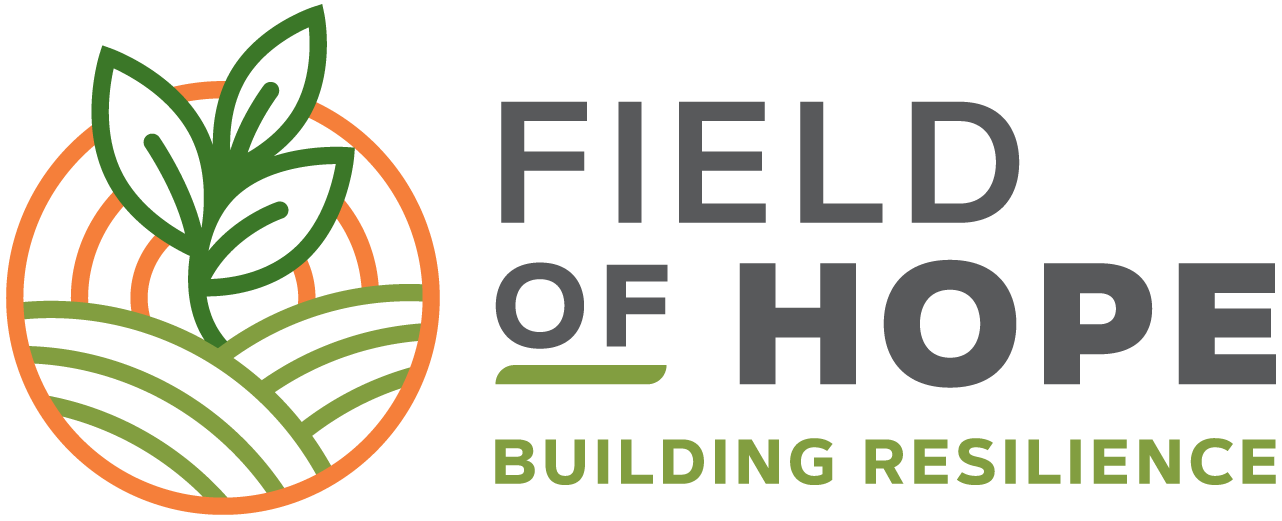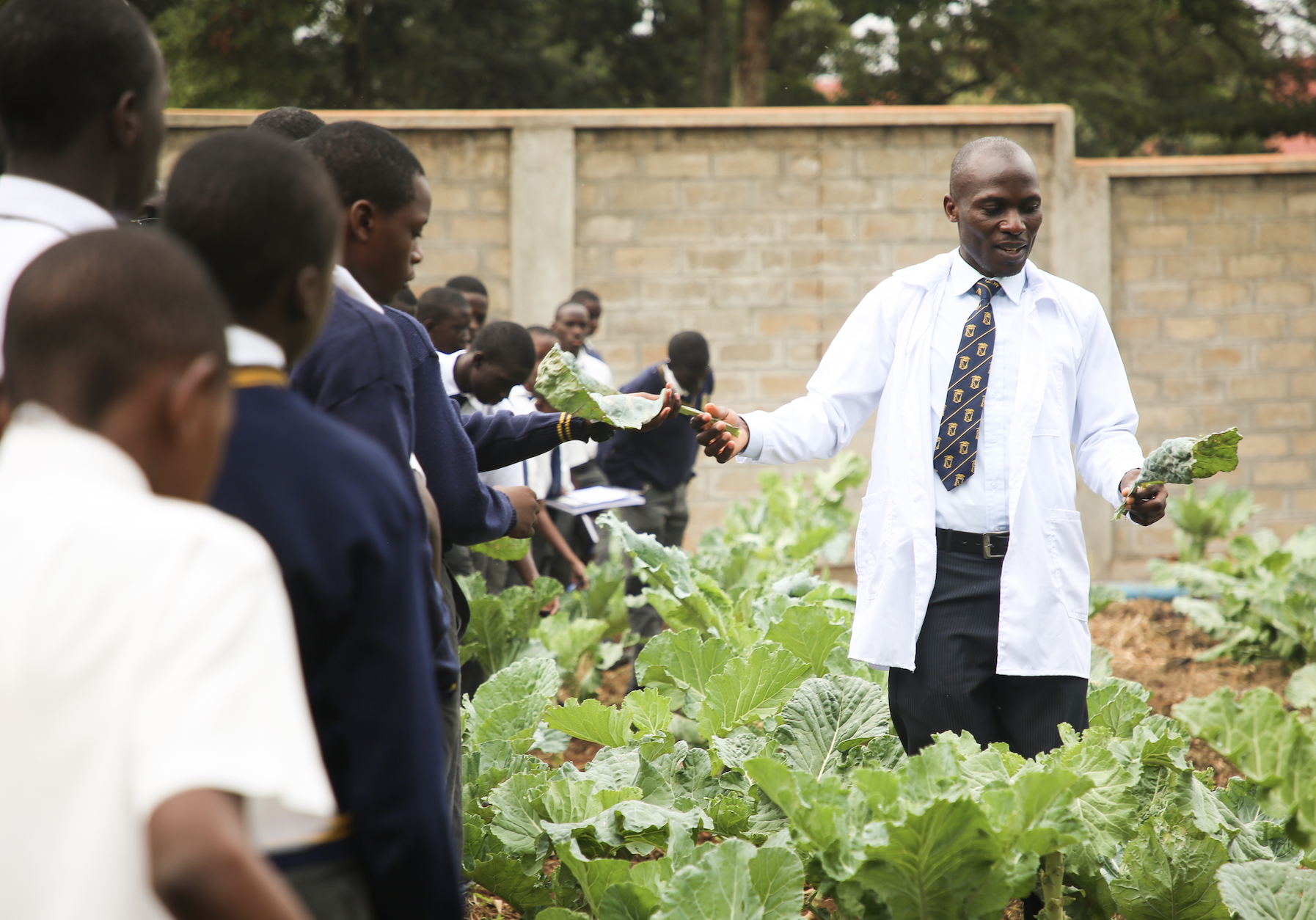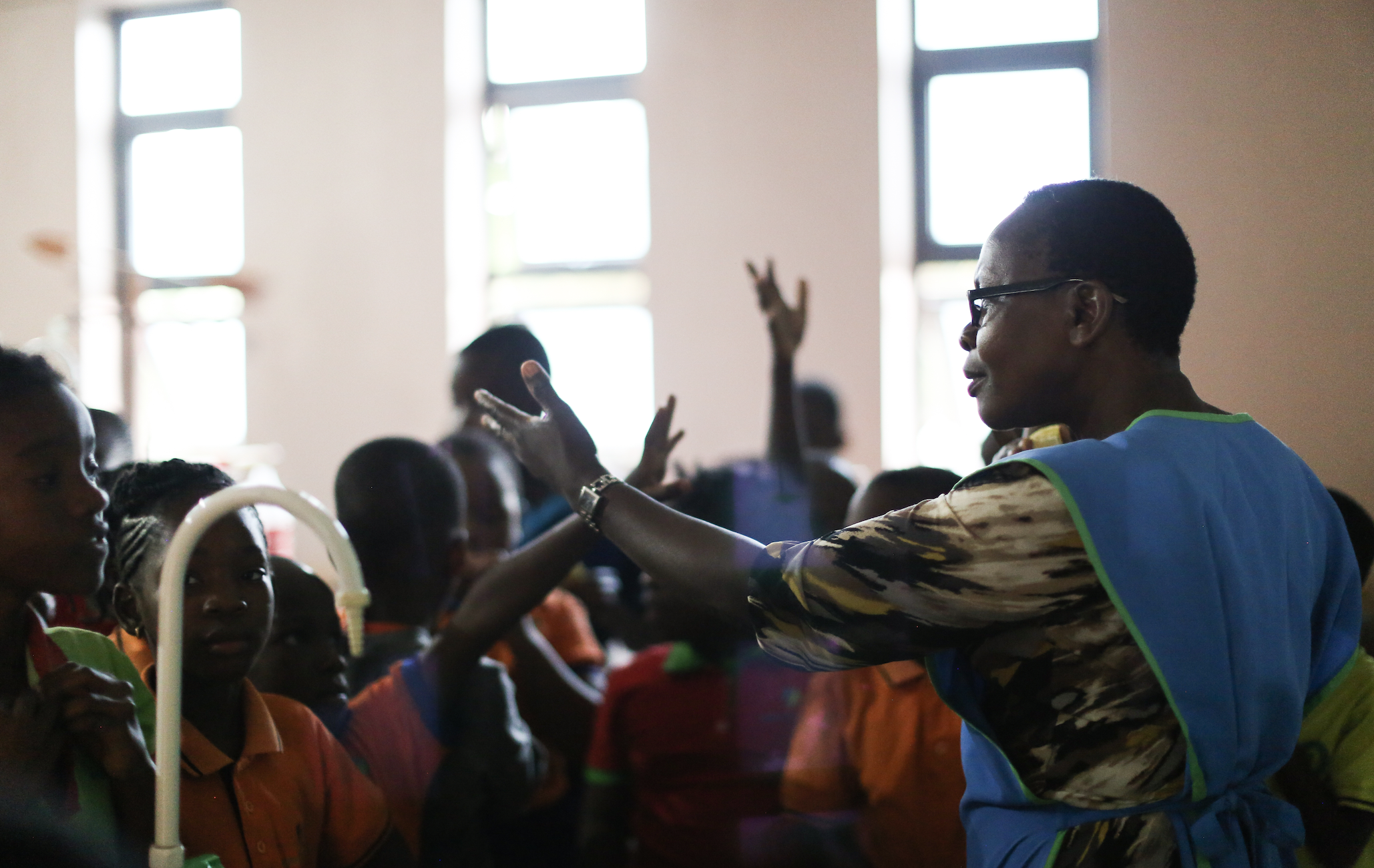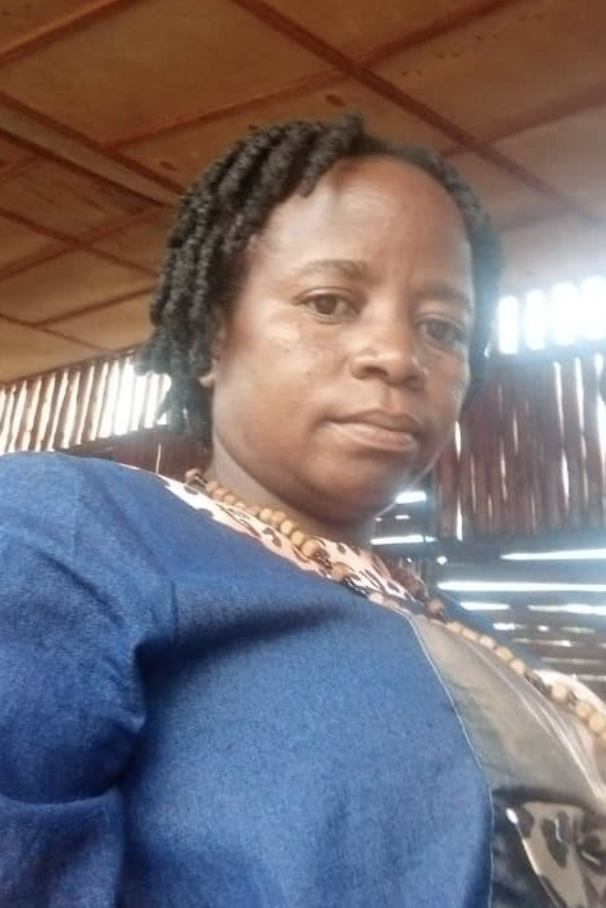Uganda is not facing a pandemic for the very first time; smallpox, chicken pox, Ebola among others once dominated the disease/pandemic fraternity. However, the substantial impact on the society behavior and social economic welfare of the communities, gives COVID-19 pandemic a unique status and distinguishes it from the rest that ever existed.
Do you have a hint about the challenges teachers all over the country have encountered? Certainly not unless you are a victim. Does it haunt you to think about how the nation flag holders managed to navigate through the difficult times? What about the lessons this pandemic has taught them?
The whole picture is drawn briefly right from March 2020 when the country was declared a numerous measures in response to the COVID-19 global pandemic. These included the indefinite closure of schools–which was my job. I am yet to find out why, over the years, and talking about my ‘challenges’ gives me a hard time. Maybe I don’t usually want to concentrate on the past grievances, or I am simply a coward… But the point is that I am always driven by one principle “let it go”.
The pandemic tightened it’s bolts harder and harder: the monthly salary and work allowances was no longer a topic worth discussion. House rent exerted a great pressure on the wallet, even the landlords were this time more aggressive then ever. No matter the situation at hand, food was a non-negotiable basic otherwise the body can spontaneously shutdown following starvation.
Besides that, other illness like malaria, stomach ulcers, etc. never ceased, and the latter could have been geared by the much stress. Medical doctors usually explain that when the body is subjected to stress, the immune system weakens, and as a result the body succumbs to disease. All the savings reduced day by day. This was so annoying.
As the first wave gave way to the second wave, the whole situation worsened. The overwhelming number of positive patients, alarming death cases in the neighborhood and all over the media. These stimuli contributed great sources of stress to my mind. I always thought that I was the next.
One Monday evening, I held my breath deeply and sighed. I developed a business idea over the years, I had never imagined myself taking part in that business. I grew up with a mis-conception that it was another option for those who had failed in life. Nevertheless, I had to accept in order to support my wallet. I was a now set to face another challenge.
I ventured in selling Matooke (Bananas) and my family was now assured of the next meal. Unfortunately, matooke prices drastically reduced to an extent that I started recording loses most often. The price of a whole bunch fell to as low as 1,000 UGX (0.28 USD) during the lockdown. Waiting a little longer would have been dangerous, I thought about it at length and then decided to give the business a break. I got fade up this time. There was an urgent call for re-orientation in order to survive.
With time I realized the situation was getting worse which forced me to develop strategies to see me through this situation. I adopted to regular prayer which helped me gain new hope and better mental health. I accepted my situation and resorted to regular exercise, drinking enough water and increasing my association with my family.
Despite the challenges that I have suffered, I have received harsh lesson; not saving is a sin, prayer can make everything possible, and it is not healthy to have all stress on your back.
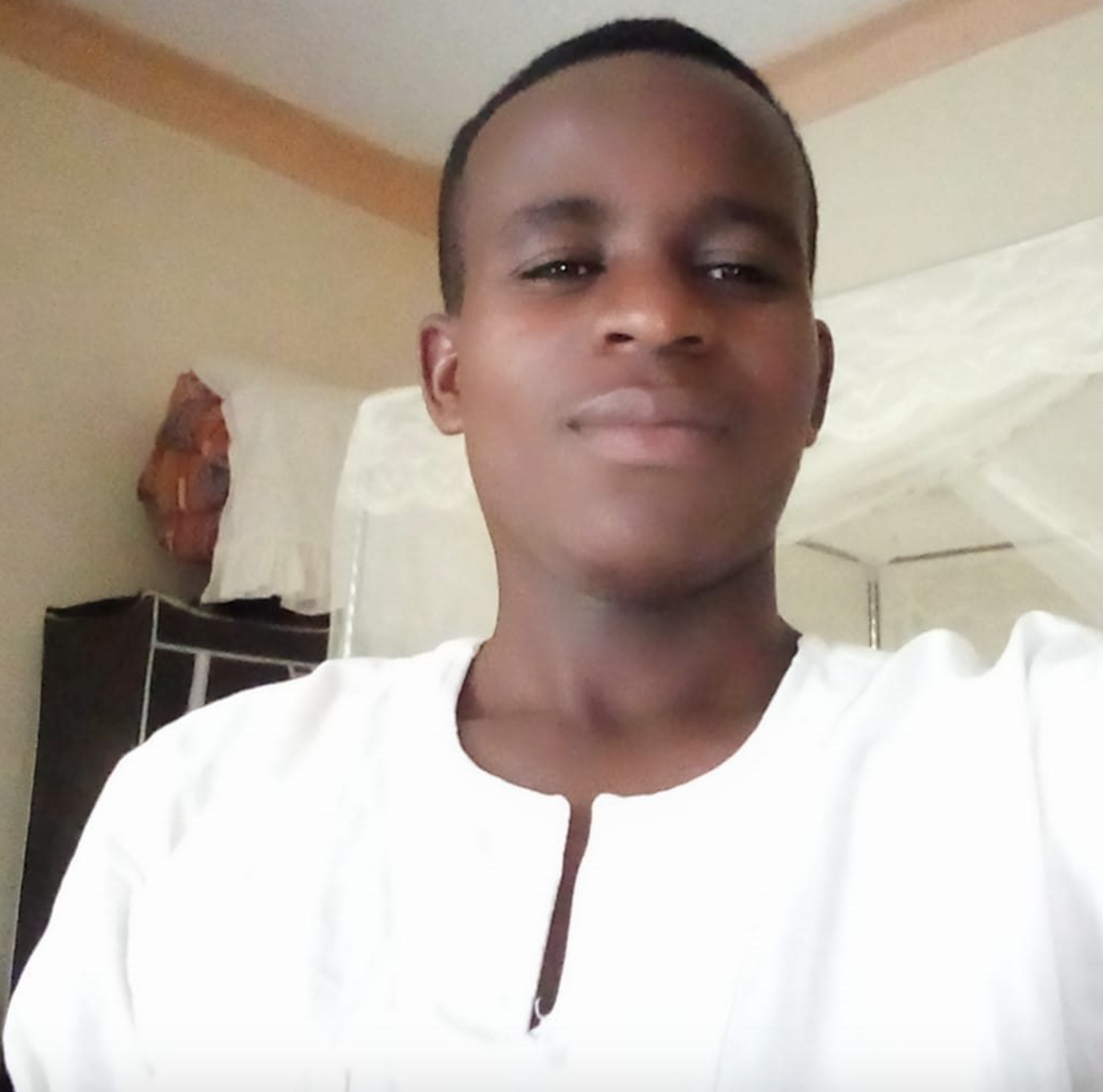 By: Anieamaani Bakatwizira
By: Anieamaani Bakatwizira
